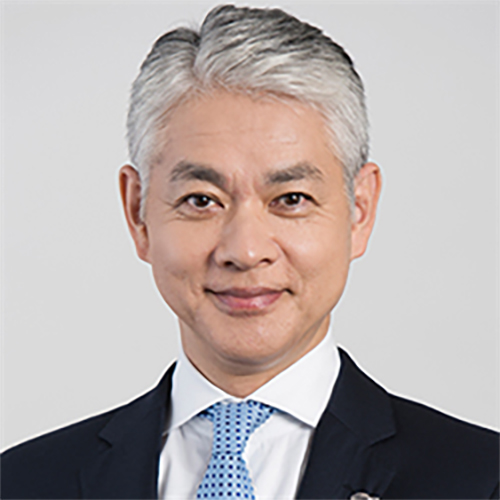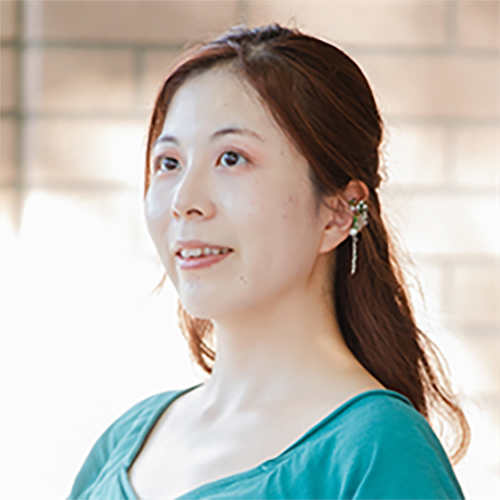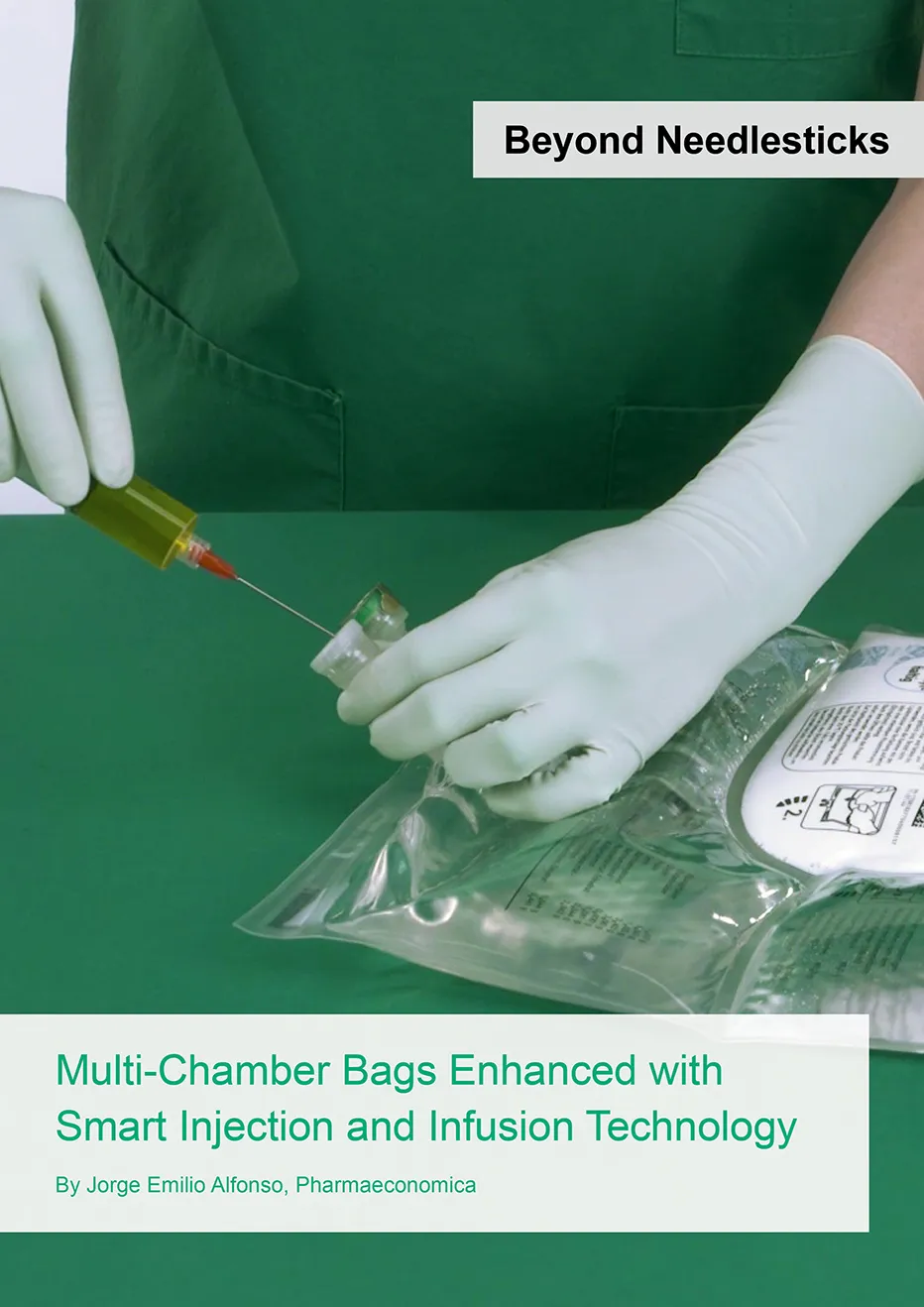
- EXECUTIVE MESSAGE
- A Different Look at the Middle East
- FEATURE ARTICLES
- Virtual Patients, Real Results: How Digital Twins Are Reshaping Drug Development
- Mental Health Apps: Regulation and Validation Are Needed
- The “Journey to Better Health” Mobile Education Exhibit
Survey Results: Improving Clinical Research Literacy Among Underserved Communities - Regulatory and Access Approaches for Vaccines
Recommendations from an Expert Workshop  Video: How Much RWD Do We Need to Truly Understand the Patient Experience?
Video: How Much RWD Do We Need to Truly Understand the Patient Experience?- Patient Advocacy: Let Us Help Build Your Table
No Longer Enough to Merely Sit or Speak - Advancing Global Healthcare Through IDMP Standards
Global IDMP Working Group Public Stakeholder Meeting - MEETING HIGHLIGHTS
- Emerging Regulatory Trends in Asia Pacific
Regulatory Reliance, Patient-Centricity, Digitalization, and Innovative Clinical Research Designs - “Shinka” of Clinical Data Management in Japan
DIA Japan CDM Community Workshop - AROUND THE GLOBE
- Access to Medicines in Africa from the Pharmaceutical Regulatory Perspective
- WE ARE DIA
- DIA Congratulates Japan 2024 Regional Inspire Award Winners
- WHITE PAPERS
- B. Braun: Beyond Needlesticks: Multi-Chamber Bags Enhanced with Smart Injection and Infusion Technology
- Salesforce: Applications of AI in Health and Life Sciences 2024 Study
Subscribe
Love Global Forum’s new online format? Subscribe today and never miss an issue.
Editorial Board
Content stream editors
Gary Kelloff US National Institutes of Health
Ilan Kirsch Adaptive Biotechnologies Corp.
regulatory science
Isaac Rodriguez-Chavez 4Biosolutions Consulting
Patient engagement
Natasha Ratcliffe Patient Engagement Specialist
Thomas Smith Independent Patient Consultant
Data and Digital
Lisa Barbadora Barbadora Ink
VALUE AND ACCESS
Wyatt Gotbetter Parexel
Editorial Staff
Sandra Blumenrath, Senior Scientific Project Manager & Executive Editor, Scientific Publications DIA Scientific Communications
Chris M. Slawecki, Managing Editor, Global Forum DIA Scientific Communications
Linda Felaco, Copy Editor and Proofreader
Regional Editors
David Mukanga Bill and Melinda Gates Foundation
ASEAN
Jin Shun Belief BioMed
AUSTRALIA/NEW ZEALAND
Richard Day University of New South Wales, Medicine, St. Vincent’s Hospital
CHINA
Ling Su Shenyang Pharmaceutical University, Lilly Asia Ventures
EUROPE
Emma Du Four Independent R&D/Regulatory Policy Professional
EUROPE
Isabelle Stoeckert Bayer AG Pharma
INDIA
J. Vijay Venkatraman Oviya MedSafe
JAPAN
Toshiyoshi Tominaga Keio University Hospital, Clinical and Translational Research Center
LATIN AMERICA
Cammilla Gomes Roche
US
Ebony Dashiell-Aje BioMarin
DIA Membership
Bringing together stakeholders for the betterment of global health care.
DIA President and Global Chief Executive
ouples in the UAE can voluntarily donate their DNA and a clinic will analyze it to identify any genetic susceptibilities to preemptively derisk potential health issues in their families. Before they commit to a partnership, they can ensure their compatibility not only on an emotional level but on a genetic level, and “derisk” potential health issues in their children.
Aitia Bio
ew things in medicine seem crueler than giving a placebo to a patient in need. Yet despite ethical concerns, the so-called control arm has been the cornerstone of medical advancement since the advent of modern clinical trials in the 1950s. Without it, the scientific community, patients, and regulatory agencies will lack the data to know whether a new treatment truly outperforms a placebo or existing therapies.
Bezyl
n the ever-evolving universe of mental health, a revolution is afoot. Mental health applications are proliferating. In the last five years, these have more than doubled in number. This explosion of digital solutions offers a beacon of hope as the world grapples with a worsening mental health crisis. But any new frontier has its perils, too. The 2022 World Mental Health Report by the World Health Organization shows that one in eight people globally deal with various mental disorders, but a staggering 70% of these people receive no treatment. As these apps proliferate, they race ahead of clinical validation and oversight from regulators, creating a “Wild West” that clamors for attention and action.
Survey Results: Improving Clinical Research Literacy Among Underserved Communities
The Center for Information and Study on Clinical Research Participation (CISCRP)
CISCRP
Tufts Center for the Study of Drug Development, Tufts University School of Medicine
t is essential that representative communities—including patients from medically underserved communities—participate in clinical research. Clinical trial data from diverse populations play a vital role in translating scientific advancements into better health outcomes for all the people who may benefit from a new therapy. However, clinical research literacy and levels of trust vary widely, in part because the general public and patients have limited exposure and access to clinical research, and they may consider it to be of limited relevance in relation to their health and the community where they affiliate and live.
Recommendations from an Expert Workshop
Centre for Innovation in Regulatory Science (CIRS), UK
CIRS, UK
University of Melbourne, Australia
Independent Consultant
he vaccine landscape was already changing prior to COVID-19, with new technologies such as mRNA, DNA, and viral vector vaccines, and novel populations for their use, including many vaccines being developed for adults. Then COVID-19 brought forward strides in development and a whole series of new challenges. It reignited interest in vaccines among regulators, vaccine developers, and the wider health system. However, vaccines are still underappreciated and undervalued. Despite being one of the cornerstones of public health, vaccines are approved across the world for only 34 pathogens, though many more pathogens lead to serious disease. Unfortunately, vaccines only attract a small proportion of government funding compared to medicines.
ponsors have to integrate multiple sources of data to fully understand the patient experience, including the effects of treatment on their daily lives. That’s the main, core area where we see the value of real-world data (RWD),” explains Ebony Dashiell-Aje (Executive Director and Head, Patient-Centered Outcomes Science, BioMarin Pharmaceutical Inc.) in this DIA 2024 interview with OM1 CEO Rich Gliklich.
No Longer Enough to Merely Sit or Speak
ne of the most encouraging ongoing developments in clinical research and healthcare innovation is that the voice of patients and patient advocates continues to grow louder and stronger. “We should be included because without us, there’s no you. We are at the center of your work,” explains cancer survivor, former network news anchor, and DIA 2024 Patient Partner Loriana Hernandez Aldama in this Q&A with DIA Patient Engagement Scientific Project Manager Maria Paula Bautista Acelas.
Global IDMP Working Group Public Stakeholder Meeting
Uppsala Monitoring Centre
US Food & Drug Administration
European Medicines Agency
n September, São Paulo, Brazil, became the focal point of global discussions around healthcare standards through a series of Global IDMP Working Group (GIDWG) meetings, including a public stakeholder meeting co-hosted by the Brazilian Health Regulatory Agency (ANVISA) and the Uppsala Monitoring Centre (UMC). With IDMP (Identification of Medicinal Products) set to revolutionize global pharmacovigilance, reduce drug shortages, and streamline cross-border healthcare, these discussions served as a vital platform to explore the potential of these standards. It became clear that many challenges remain and that numerous issues must be resolved before IDMP is deployed globally.
White Paper
White Paper
Regulatory Reliance, Patient-Centricity, Digitalization, and Innovative Clinical Research Designs
Johnson & Johnson
sia Pacific (AP) is an immensely diverse and dynamic region with varying regulatory capabilities and capacities; consequently, AP regulators and industry are always seeking opportunities to improve the regulatory environment by adopting best practices and leveraging innovative technology to accelerate patient access to new medicines. This spirit of close collaboration and interaction was reflected in the theme of DIA Singapore Annual Meeting 2024: Cultivating Synergies in Clinical Research and the Regulatory Environment to Innovate Healthcare. One thing is clear: AP is moving forward in step with contemporary global trends and innovations in adaptive regulatory frameworks, clinical research, and drug development.
DIA Japan CDM Community Workshop
A2 Healthcare Corporation
Eli Lilly Japan K.K.
GlaxoSmithKline K.K.
o accommodate increasingly diversified methods of clinical data collection, clinical data management (CDM) must pursue and realize “Shinka”: a set of three Japanese homophones which mean “evolution, cultivation, and true value.” CDM is no longer a narrow, isolated function conducted by highly specialized experts or through locally unique activities. This expanding scope was reflected by the affiliations of the leaders and participants in the 27th DIA CDM Workshop in Japan, which encompassed pharmaceutical companies, contract research organizations (CROs), academic institutions, IT vendors, and the global CDM community of DIA.
White Paper
White Paper
Bayer Pharmaceuticals
magine being a patient with a chronic non-communicable disease (such as diabetes or hypertension) in Africa. You must constantly visit local health centers for follow-up, and most of the time you go home without the medications required to manage your blood sugar and blood pressure. Over time, as you age and with little money to spare (especially with so many dependents in the family), your health deteriorates, as the above conditions start to dim your eyesight and harm your kidneys. Before long, you find yourself requiring more expensive interventions, potentially including a kidney transplant. If you are very lucky, you can survive a few more years. But your poor quality of life requires more and more care from your family members, who must now stop caring for themselves, by being economically productive, to take care of you.

Akihisa Harada
Pfizer Japan, Inc.

Atsushi Kitamura
Pfizer R&D Japan G.K.

Keiichi Inaizumi
Pfizer R&D Japan G.K.

Akiko Nishioka
Novartis Pharma K.K.






